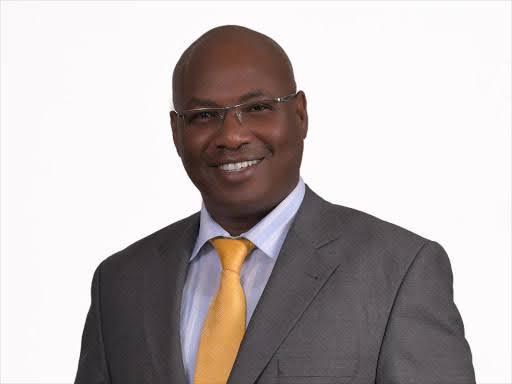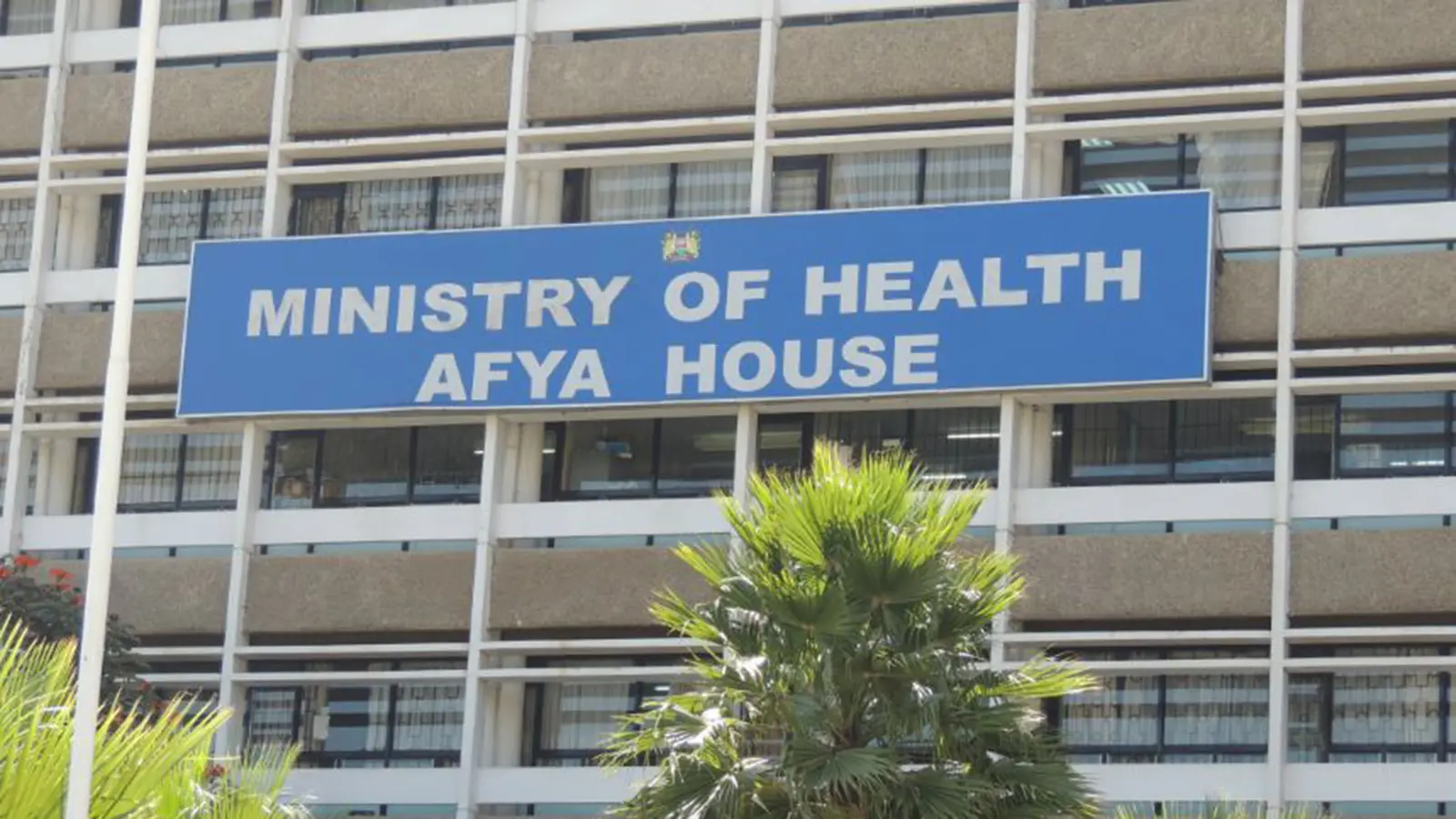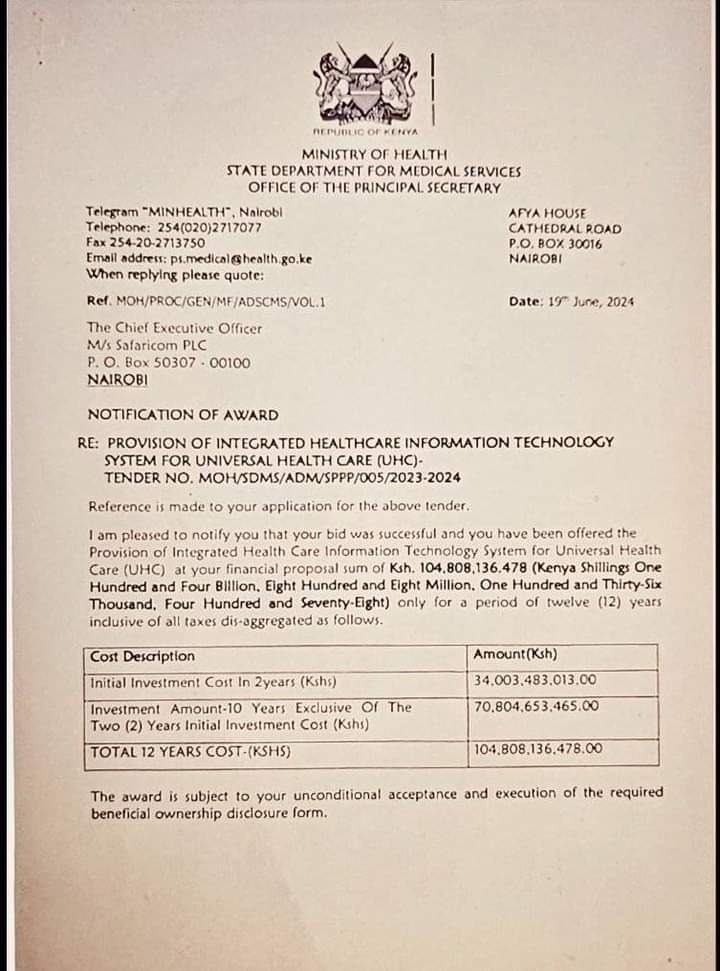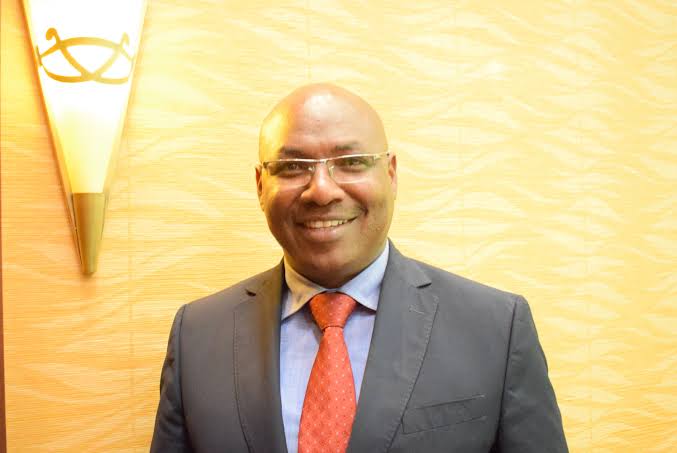Fresh allegations of corruption have surfaced in the Ministry of Health following the leak of a document revealing a Ksh. 104.8 billion tender awarded to Safaricom PLC. This contract aims to develop an Integrated Healthcare Information Technology System for Universal Health Care (UHC) and has sparked concerns over its staggering cost and questionable approval process.
The leaked document, signed by Health Principal Secretary Hon. Harry Kimtai, indicates an initial investment of Ksh. 34 billion for the first two years, with an additional Ksh. 70.8 billion set for the remaining ten years.
Insiders within the Ministry have hinted at potential procurement irregularities and possible collusion between Kimtai and influential business figures to secure this lucrative deal.

Indian-based businessman Jayesh Saini during a past media presser. Source: The Star/Facebook
Adding to the controversy is the little-known owner of Nairobi West Hospital, rumored to be a close ally of India’s Adani Group and a key figure behind the Ministry’s plan to replace the National Hospital Insurance Fund (NHIF) with the new Social Health Insurance Fund (SHIF), set to launch on October 1. This information was brought to light by Stephen Mutoro, an influential user on X (formerly Twitter).
Jayesh Umesh Saini is at the center of scrutiny for his connections to this unfolding scandal. Although he is listed as having no shares in Bliss Healthcare Ltd—owned by UAE’s Mayfair Healthcare Holdings Ltd—he plays a significant role in the healthcare landscape. Umesh Chandra Saini, also involved, is the controlling director of The Nairobi West Hospital College of Health Sciences Ltd.

Health PS Harry Kimutai. Photo: The Star Source: Website
While Jayesh does not hold shares in Bliss Healthcare (K) Ltd, he and his close ally Madni Ali Asif Ansari are noted as equal shareholders in Bliss Healthcare and Administrators LLC of the UAE. On the other hand, Krishna Umesh Chandra Saini and Umesh Chandra Saini are the controlling shareholders of Nairobi West Hospital Limited after buying out previous owners Stanley Mutungi Muguongo and Andrew Kanyi Gachi.
In Lifecare Hospitals (K) Limited, Jayesh Umesh Saini appears without shares, but Lifecare Hospital Limited and Singapore’s New Age Management Consultants hold significant controlling interests. This complex web of relationships raises alarming questions about conflicts of interest and the motivations behind major healthcare decisions in Kenya.
Health experts and civil society groups are outraged, accusing the Ministry of prioritizing profits over the healthcare needs of Kenyans. “We’ve been asking for more resources to improve healthcare for years, yet this is where our money ends up,” a frustrated health worker lamented. “People are dying due to a lack of medicine and equipment, while billions are funneled into backroom deals.”

Ministry of Health Headqauters in Upper Hill Nairobi. Source: MoH/Facebook
The leaked tender has ignited calls for PS Harry Kimtai’s resignation, with demands for an independent investigation into the scandal. As public pressure mounts, the Ministry of Health has yet to address the claims, further damaging its reputation in a sector already struggling with corruption.
The Kenyan healthcare system is at a critical juncture, facing dire shortages in hospitals and a loss of public trust. As the country awaits a response from the Ministry, the urgency for accountability and transparency in the healthcare sector has never been greater. Kenyans deserve a system that prioritizes their health and well-being over financial gain, and this scandal has only intensified calls for reform.

Leaked document from the Ministry of Health



